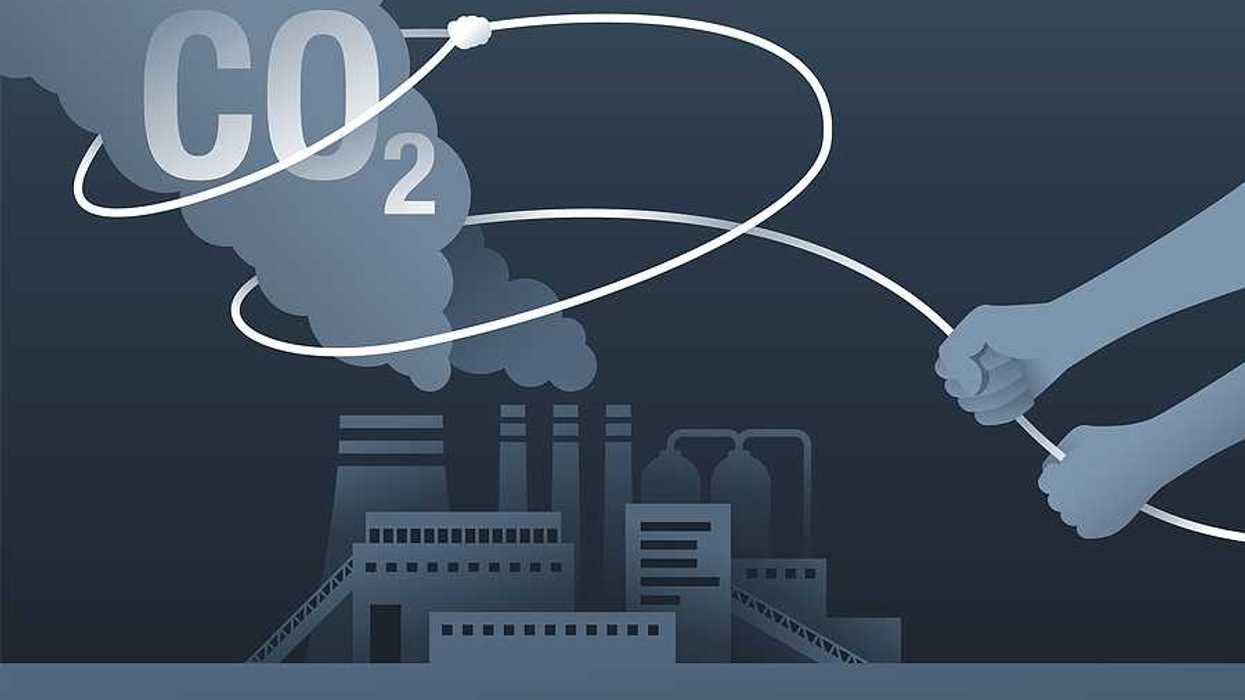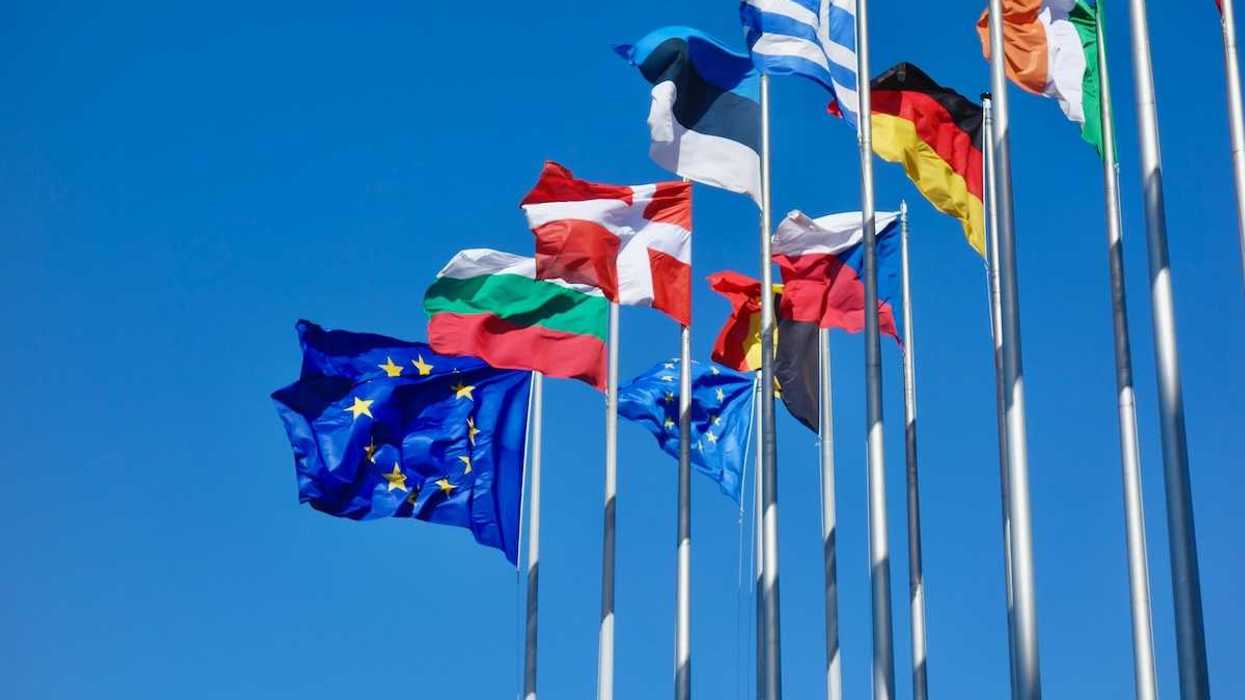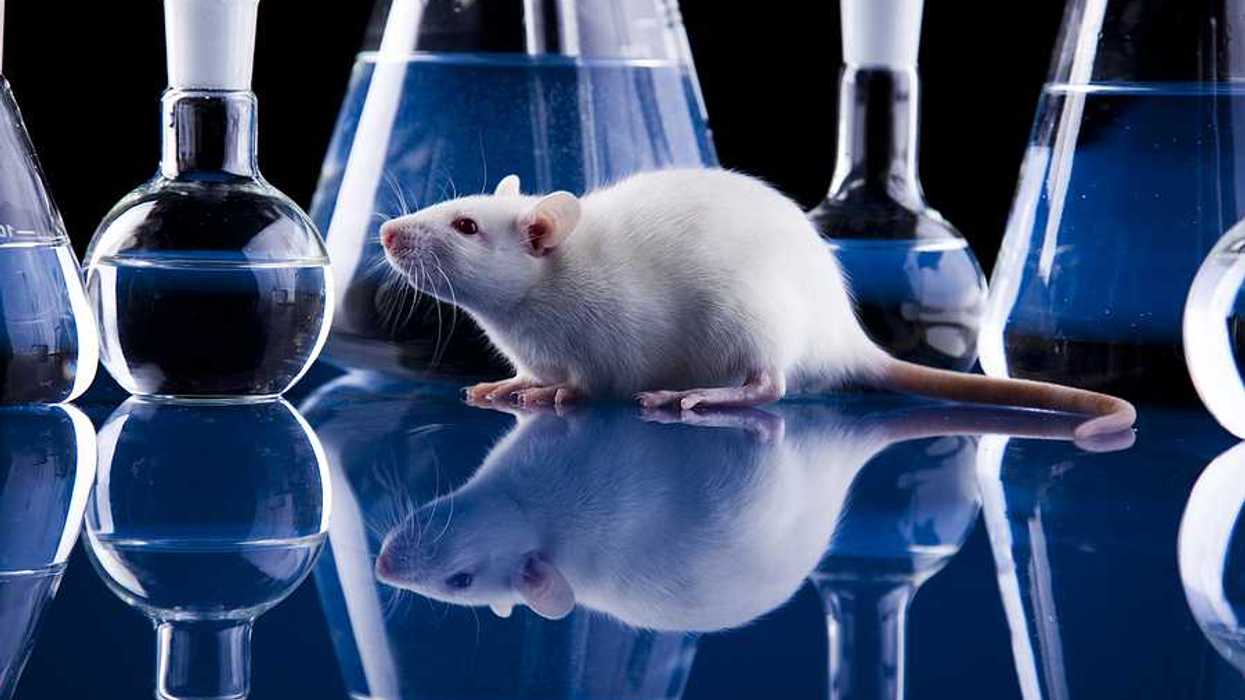Bayer nearly doubled its Iowa lobbying dollars after lawmakers floated a bill that would limit lawsuits over pesticide labels, state disclosures show.
Cami Koons reports for Iowa Capital Dispatch.
In short:
- Bayer spent $123,250 on Iowa lobbying in 2025, up from roughly $25,000 a year before the labeling fight began.
- Senate File 394 would bar cancer suits when companies follow U.S. Environmental Protection Agency labels; it cleared the Senate 26-21 but died when the House declined to act.
- Food & Water Watch, trial lawyers and other critics — working with far smaller budgets — branded the proposal the “cancer gag act” and helped keep it from becoming law.
Key quote:
“We will not allow Big Ag corporations like Bayer to leverage their ill-begotten pesticide profits to boost private coffers at the expense of the sick.”
— Jennifer Breon, Iowa organizer, Food & Water Watch
Why this matters:
Glyphosate herbicides underpin modern commodity farming, yet epidemiological studies and courtroom verdicts continue to link chronic exposure to certain cancers. With billions already paid to plaintiffs, Bayer and allied agribusiness groups are pressing statehouses and Congress to insulate them from future liability by elevating federal labels over state tort law. The fight in Iowa previews a nationwide push that could narrow consumers’ legal options just as research digs deeper into how pesticides move through air, soil, and drinking water. Public-health advocates warn that restricting litigation removes a vital tool for surfacing internal safety data and, in turn, hampers doctors and regulators seeking to protect rural families and farmworkers. The outcome will influence how freely chemical makers market future products in every grocery aisle.
Read more: Iowa farmers fighting cancer risk seek accountability as Bayer pushes for lawsuit protection
















